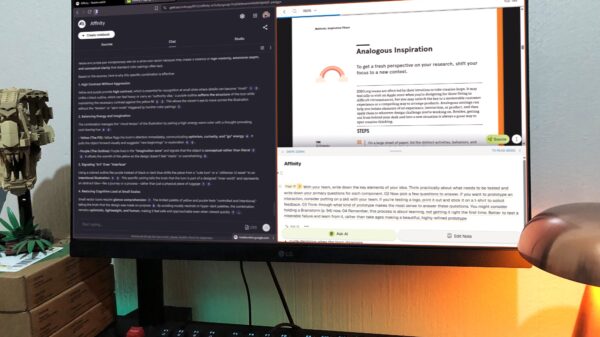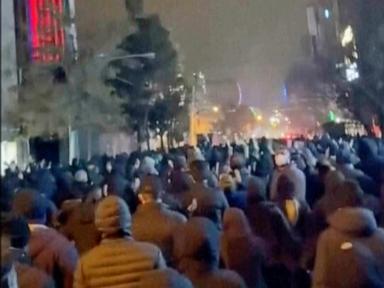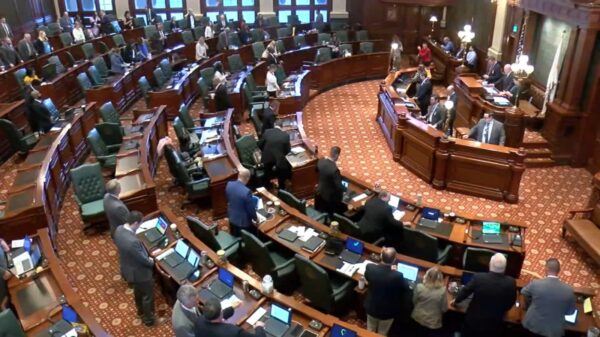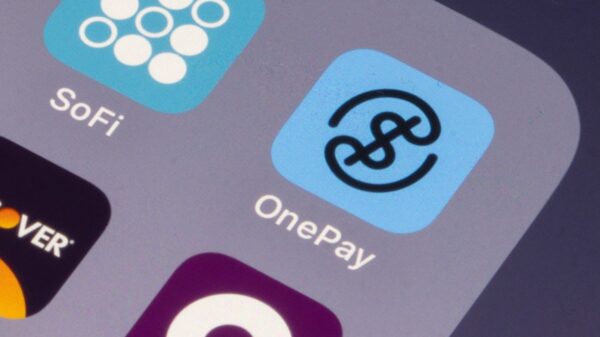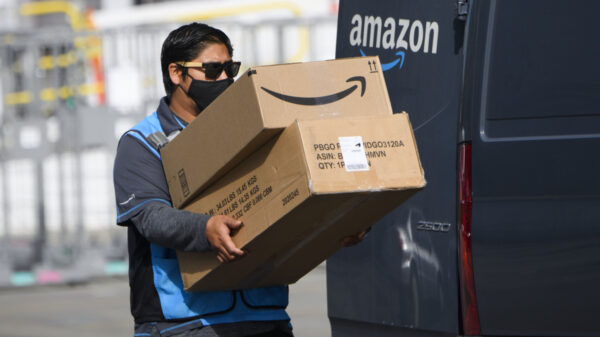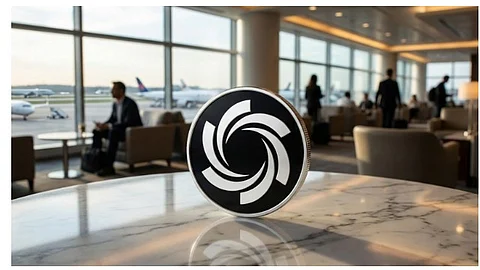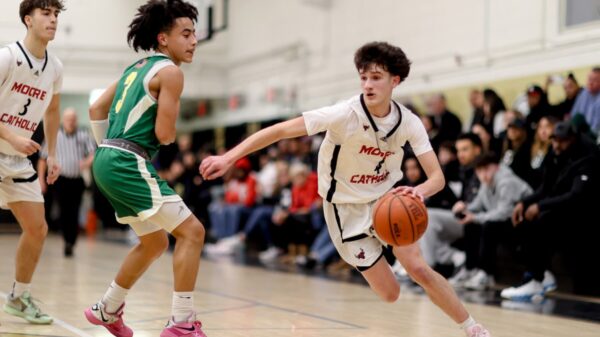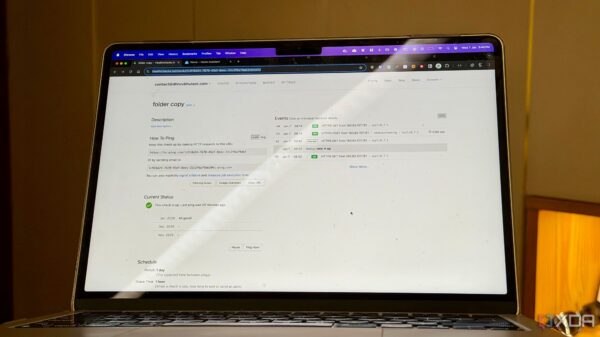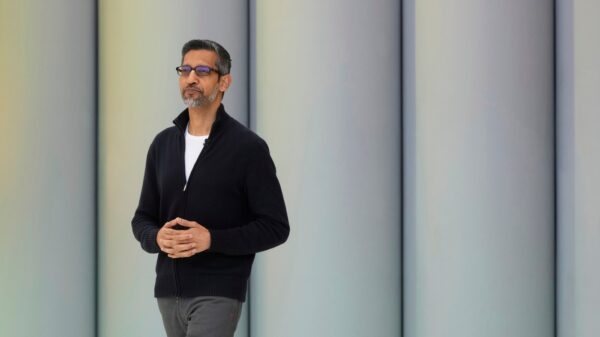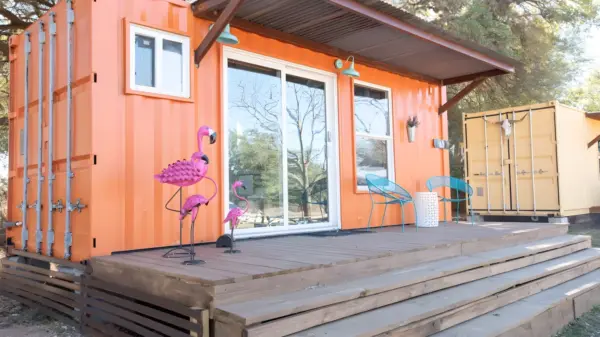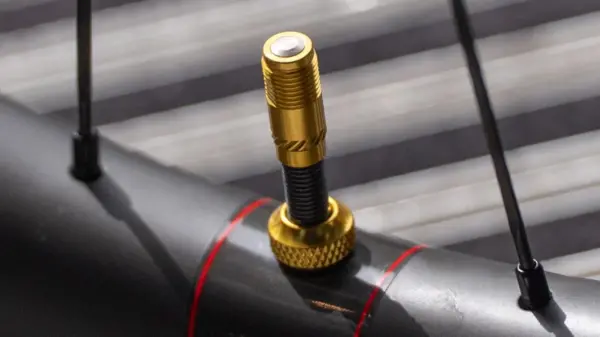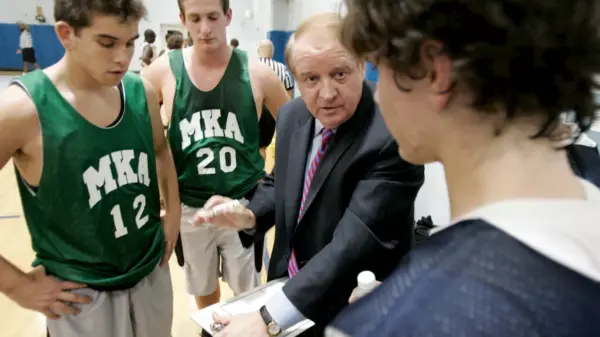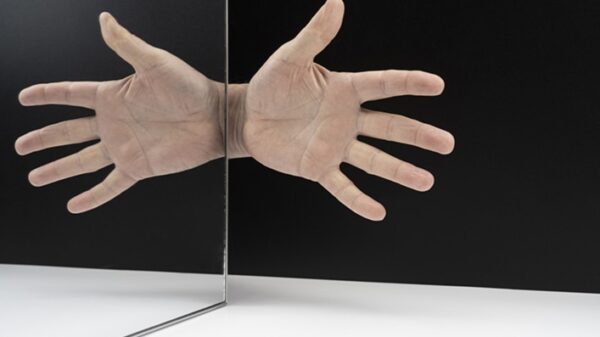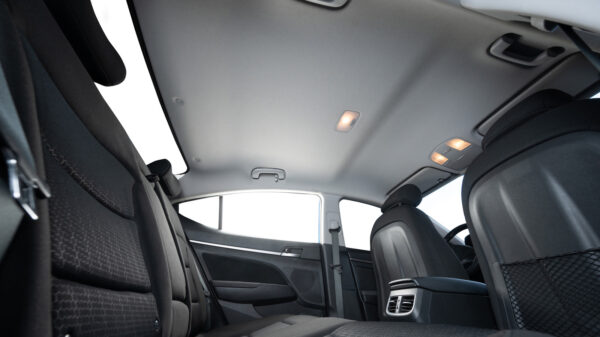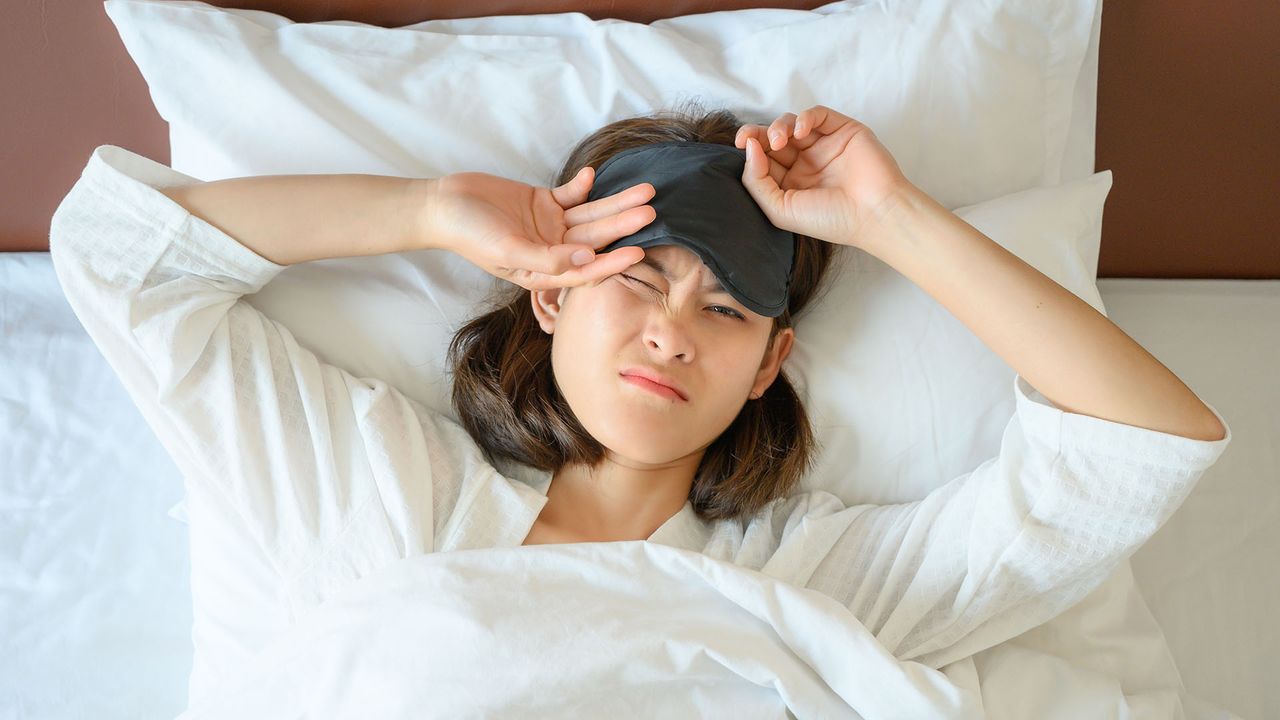As students return to their academic routines, many find themselves struggling with a phenomenon known as “social jet lag.” Coined in 2006 by researcher Till Roenneberg, this term describes the misalignment between the sleep patterns of weekdays and weekends. A recent study conducted in 2022 involving nearly 300 university students revealed that many exhibit symptoms of social jet lag, characterized by shorter sleep durations during school days and extended sleep on free days.
Understanding social jet lag is crucial for academic success, as it can significantly impact grades. A consistent sleep schedule is vital for maintaining a healthy circadian rhythm, which regulates the production of essential hormones like melatonin. Social jet lag arises when students adhere to a weekday routine dictated by their academic obligations, only to revert to a more natural sleep pattern during the weekends.
The Impact of Social Jet Lag on Academic Performance
Research indicates that around 70% of students experience at least one hour of social jet lag weekly, with half reporting two hours or more. Dr. Liji Thomas, MD, noted that this disruption to the circadian rhythm can lead to chronic sleep deprivation and poor cognitive performance. According to studies, insufficient sleep can hinder learning capabilities by as much as 40%.
The implications for academic performance are stark. A study published in the journal Nature analyzed data from nearly 15,000 university students and found that 60% experienced an average of 30 minutes of daily social jet lag, which correlated with lower academic performance. This trend was particularly pronounced during busy lecture periods, although it diminished during exam weeks when students often adopt more consistent schedules.
Strategies to Mitigate Social Jet Lag
Despite the challenges posed by social jet lag, there are effective strategies and products that can help students improve their sleep hygiene and overall well-being. Experts recommend maintaining consistent sleep schedules and creating environments conducive to restful sleep.
Here are five products designed to enhance sleep quality for college students:
1. **Lucid 4″ Gel Memory Foam Topper**: Priced at approximately $86.02 on Amazon, this mattress topper provides comfort and support, crucial for enhancing sleep hygiene.
2. **Casper Back to School Bundle**: Originally priced at $1,033, this bundle is now available for $770. It includes a mattress, waterproof protector, and a down alternative pillow, catering specifically to the needs of students.
3. **Loop Quiet 2 Earplugs**: Retailing for $20.95, these earplugs significantly reduce ambient noise, making them ideal for dormitory environments where distractions are common.
4. **Hooga Red Book Light**: Available for $12.99, this reading light emits red light to minimize blue light exposure, promoting melatonin production and aiding sleep.
5. **SMUG Satin Sleep Mask**: An affordable option starting from $6.99, this sleep mask helps block out light, making it easier to maintain a dark sleeping environment, especially in shared accommodations.
By incorporating these practices and products, students can take proactive steps to combat social jet lag, ultimately enhancing their academic performance and well-being. As the academic year progresses, prioritizing sleep may prove to be one of the most effective strategies for navigating the demands of student life.





